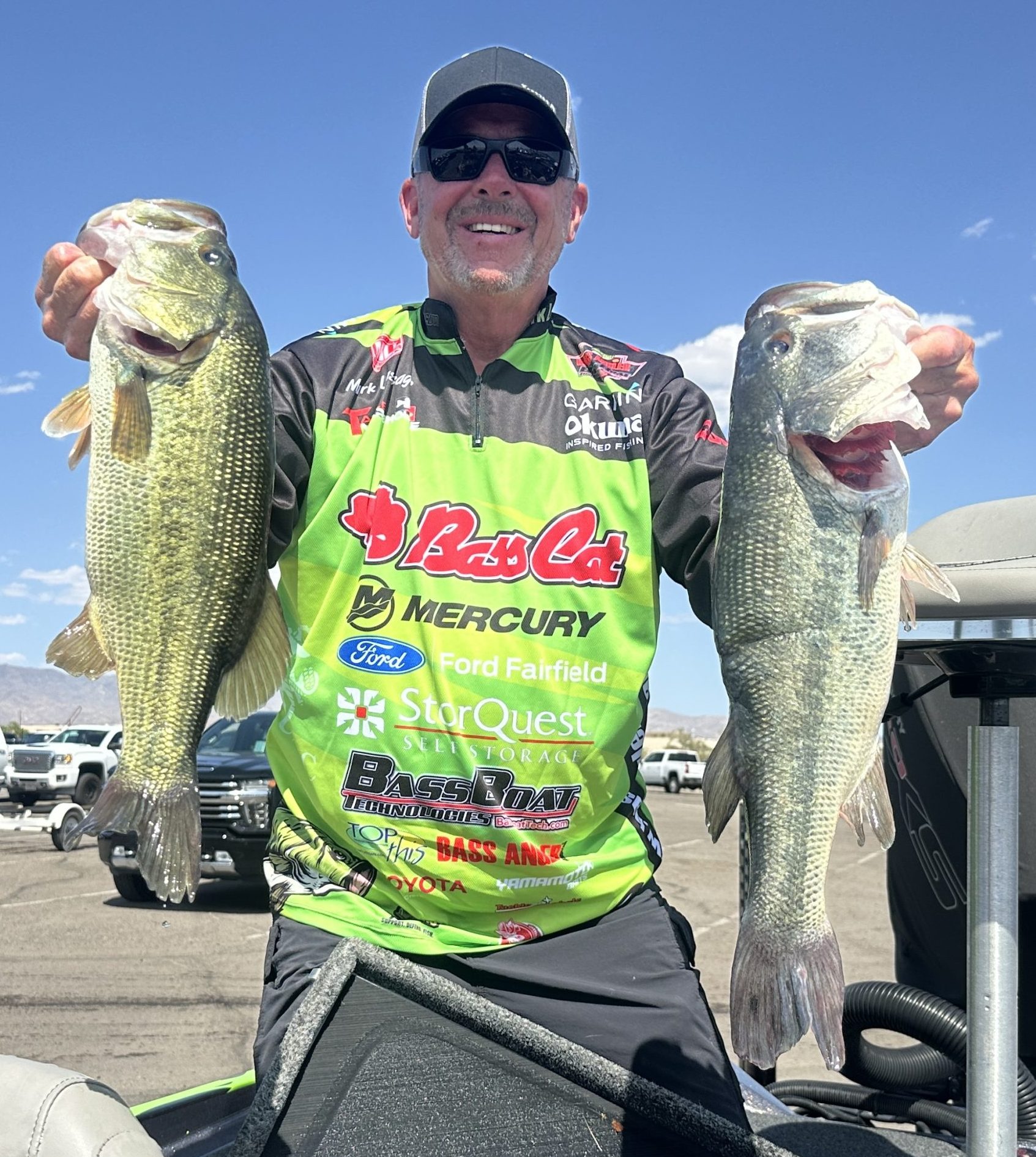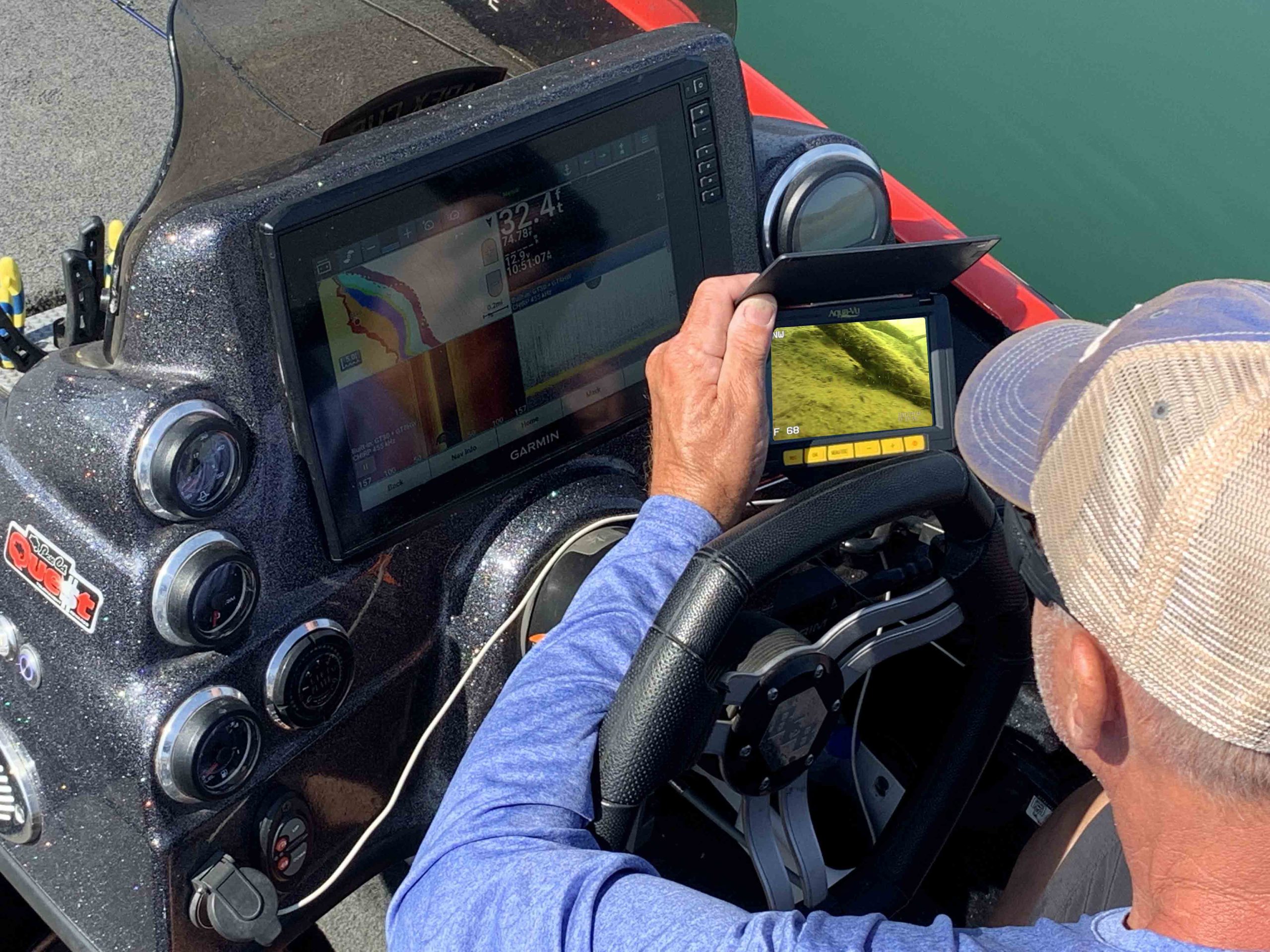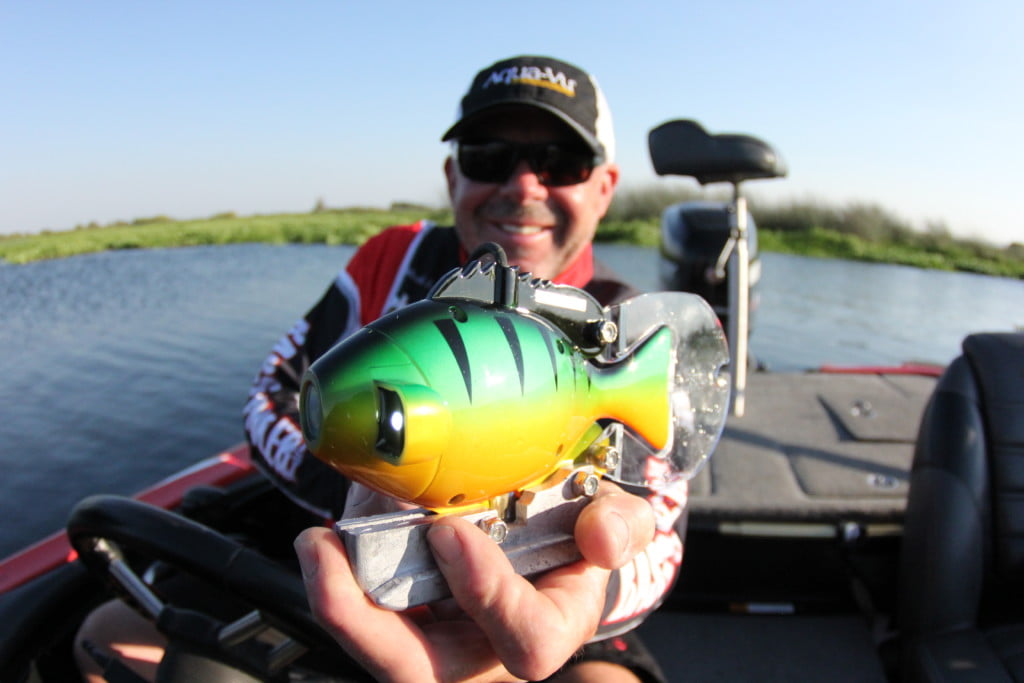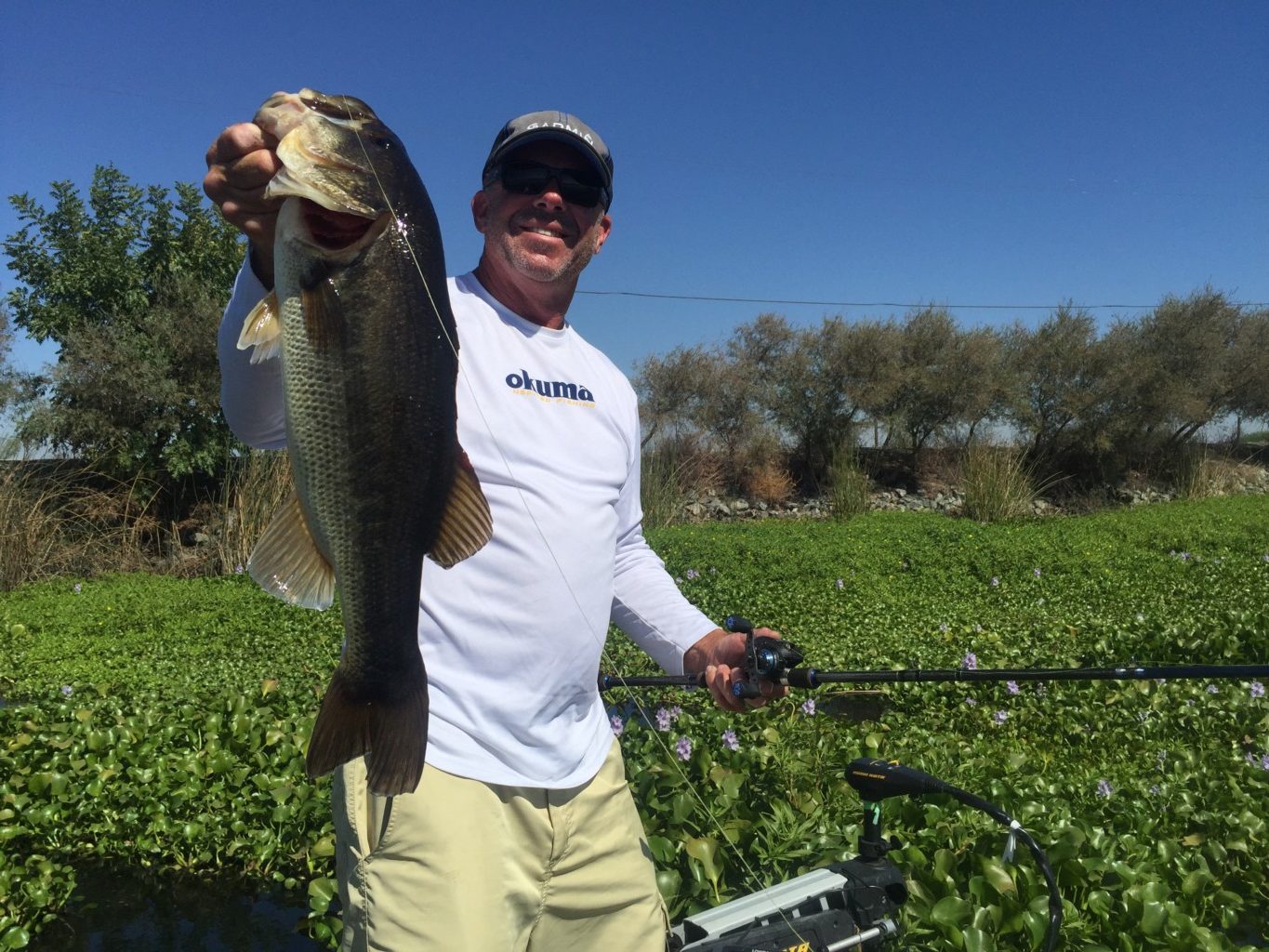May 27, 2010
STATE OF CALIFORNIA
DEPARTMENT OF BOATING AND WATERWAYS
2000 Evergreen Street, Suite 100, Sacramento, California 95815
Contact: Gloria Sandoval, Department of Boating and Waterways, 916-715-1657 (cell)
Troy Swauger, Department of Fish and Game, 916-322-8932
Roy Stearns, Department of Parks and Recreation, 916-654-2270
Pete Weisser, Department of Water Resources, 916-653-3350
Steve Lyle, Department of Food and Agriculture, 916-654-0462
Taskforce urges boaters’ vigilance against invasive quagga and zebra mussels
SACRAMENTO–A California interagency taskforce battling the spread of invasive Quagga and Zebra mussels urges boaters to remain especially vigilant this Memorial Day weekend. Anyone who launches their vessel at any body of water must clean, drain, and dry their boats, personal watercraft, and any equipment that comes in contact with the water-both before arrival and after leaving the waterway.
“Quagga and zebra mussels are a serious threat to our aquatic environment and fisheries,” Director of the Department of Fish and Game (DFG) John McCamman said. “It’s crucial that everyone who uses public waters takes the time to make sure they’re not moving these mussels from place to place. It only takes a few mussels to infest an entire waterway and destroy the ecosystem there.”
Quagga and zebra mussels are non-native, fast-reproducing invasive species that will cause serious problems for boaters and water enthusiasts. Mussels spread from one body of water to another by attaching themselves to nearly anything that’s in the water for more than a few minutes. Water in boat engines, bilges, live-wells and buckets can carry tiny mussel larvae (called veligers) to other waterways, as well.
“Boat trailers are often overlooked as an avenue for the spread of quagga and zebra mussels and many other aquatic invasive species,” Department of Boating and Waterways Acting Director Lucia Becerra said. “About 85 percent of boaters trailer their boats, so it is critical for them to clean, drain, and dry their vessels.”
To help prevent the spread of mussels, boaters must inspect all exposed surfaces, wash boat hulls thoroughly, remove all plants from the boat and trailer, drain all water, including that in lower outboard units, clean, and dry live-wells and bait buckets, and dispose of baitfish in the trash. Watercraft should be kept dry for at least five days in warm weather and up to 30 days in cool weather between launches in different bodies of fresh water. These measures are essential to safeguard boats and preserve California waterways.
An excellent guide to cleaning vessels of invasive mussels is available on the website: www.dbw.ca.gov/PDF/BoatingQuaggaGuide.pdf.
Travelers are also advised to contact their destination waterway before leaving home, to learn what restrictions or inspection requirements are in place. Boaters entering the state should be prepared for inspections at California Department of Food and Agriculture Border Protection Stations. Inspections, which can also be conducted by DFG and the Department of Parks and Recreation, include not only a check of boats and personal watercraft, but also trailers and all on-board items.
Contaminated vessels and equipment are subject to quarantine or impoundment.
Quagga mussels were first detected in the Colorado River system in January 2007 and were later found in San Diego and Riverside counties.
They are now known to be in 21 waters in the Golden State, all in Southern California. Zebra mussels were discovered in San Justo Reservoir in San Benito County in January 2008.
Both mollusks can attach to and damage almost any submerged surface. They can:
- ruin a boat engine by blocking the cooling system and causing it to overheat;
- increase drag on the bottom of a boat, reducing speed and wasting fuel;
- jam a boat’s steering equipment, putting occupants and others at risk;
- require frequent scraping and repainting of boat hulls;
- colonize all underwater substrates such as boat ramps, docks, lines and other underwater surfaces, causing them to require constant cleaning;
- cost the owners of these items a great deal of money.
A toll-free hotline at 1-866-440-9530 is available for anyone involved in activities on lakes and rivers seeking information on quagga or zebra mussels.
A multi-agency taskforce that includes the California Department of Fish and Game, Department of Boating and Waterways, Department of Water Resources, and State Parks has been leading an outreach campaign to alert boaters and the public to the quagga and zebra mussel threats.
For more information about quagga and zebra mussels, the state’s response activities, and what you can do to help prevent their spread in California, visit the DFG Web site at www.dfg.ca.gov/invasives/quaggamussel.








